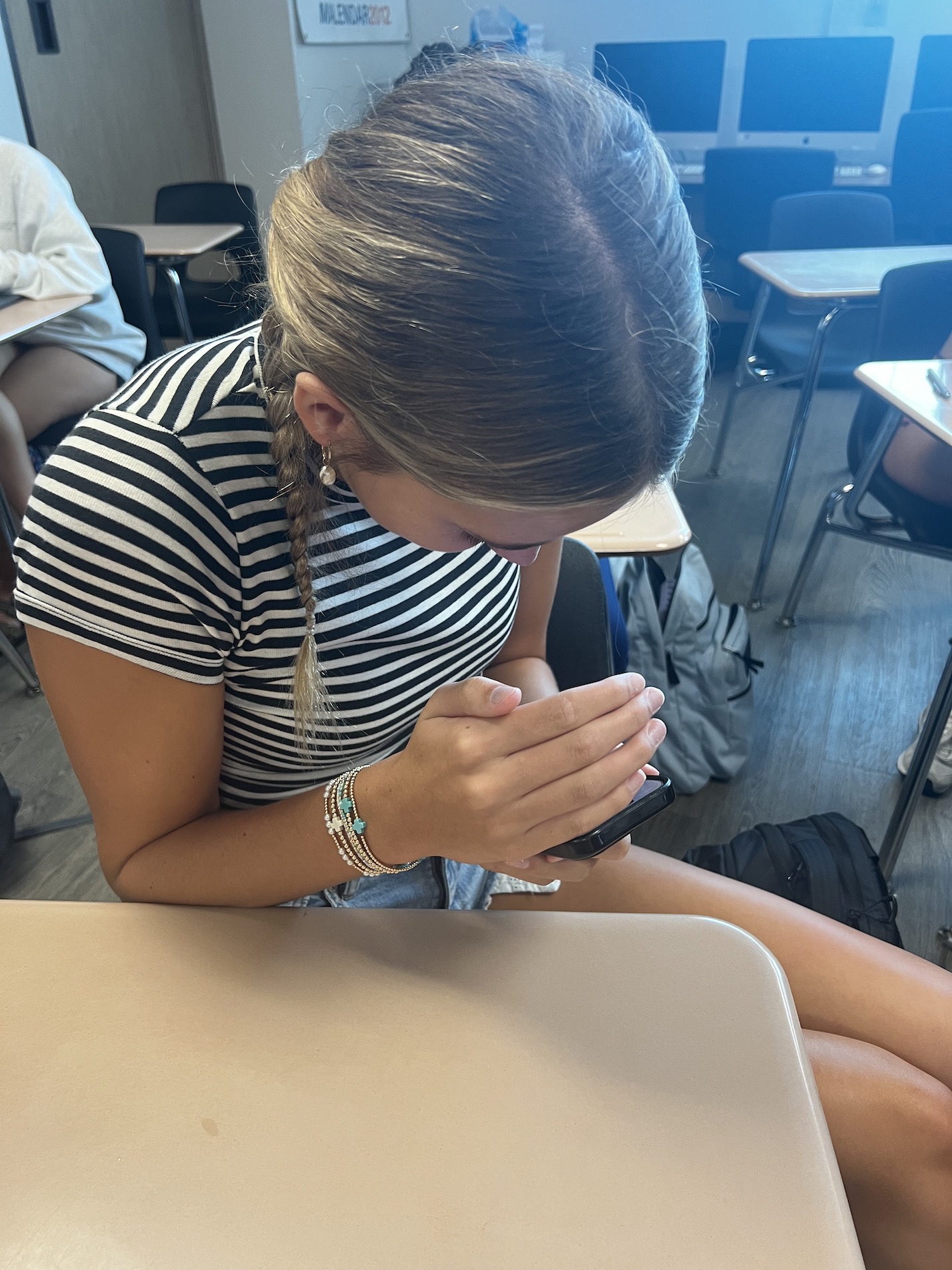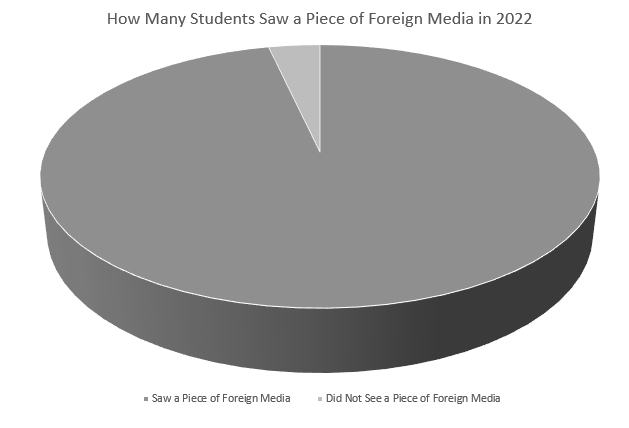By Cami Felsing
There is no debate that in today’s digital age privacy has become an extreme concern, especially for students constantly using online platforms. Local privacy refers to the protection of one’s personal information within their community or environment, which is especially important. For students who frequently use social media apps and online platforms, understanding and maintaining local privacy is essential yet often overlooked. The level of awareness among students regarding local privacy varies greatly. This raises questions and concerns about how well they understand their actions on technological devices. There are many potential risks of not being aware of privacy, like lost or stolen information. These concerns are serious and need to be addressed with proper protection.
The Future of Privacy Forum (FPF) reviewed publicly available qualitative and quantitative research studies on the data privacy preferences, attitudes, and behaviors of high school, college, and university students in the United States. The results revealed that college students care deeply about data privacy and their concern appears to be increasing. These students prioritize protecting information related to their academic and professional prospects but also care about safeguarding their personal information. However, according to Studentprivacycompass.org, it was very apparent that the high school students cared less about their local privacy. Ella Spencer-Gardner, a sophomore at Ponte Vedra High School (PVHS), stated, “I would say I am kind of aware about local privacy. Not as much as I should be though.” Many students are not fully aware of the concept of local privacy or its importance. They often share personal information, such as their location, daily activities, and even personal thoughts, on social media apps like TikTok, Instagram, and Snapchat without considering who might have access to this information. This lack of awareness can lead to unintended consequences, such as the misuse of their data by others, including peers or local organizations.
“I would say I am kind of aware about local privacy. Not as much as I should be though.”
Ella Spencer-Gardner (1o)
One vital reason for the lack of awareness is that schools, educational institutions, and even parents often do not prioritize teaching students about privacy, particularly local privacy. While students may receive some instruction on internet safety, the focus is usually on cyberbullying or phishing, rather than on understanding how to protect their personal information within their community. This can result in students being vulnerable to local privacy breaches without even realizing it. Data breaches are a constant threat, with cybercriminals using sophisticated techniques to infiltrate networks and steal valuable information. Many students at PVHS admitted to not caring enough about their local privacy. Some of them were not even aware if their Venmo was private or public. When asked, about one out of every five students knew that their Venmo was private. Although it may just seem like a simple app, some of the most popular ones can be extremely dangerous. Cybercriminals can steal people’s information, give away private details about their lives, and put them in contact with people they do not even know.
The convenience and ease of using digital devices and apps can make students less cautious about their privacy. They can get so wrapped up in their phones that they do not even stop to think about the many dangers that come with it. Many apps, like TikTok and Snapchat, can collect data such as location information, which can be shared without the user’s permission. Students, who may be focused on the social or entertainment aspects of these apps, might not take the time to review privacy settings or understand how their data is being used. This further diminishes local privacy awareness which weakens student’s position.
With technology being at the state it is, continuously advancing every month, local privacy is often pushed to the back burner as human excitement focuses on new iPhone releases and IOS updates. This lack of technological awareness can lead to the unintentional sharing of personal information, making students vulnerable to privacy breaches. To further address this clear issue, educational institutions need to emphasize the importance of local privacy and teach students how to protect their personal information in both digital and real-world contexts.
Pictured: A PVHS students covering their phone for privacy





